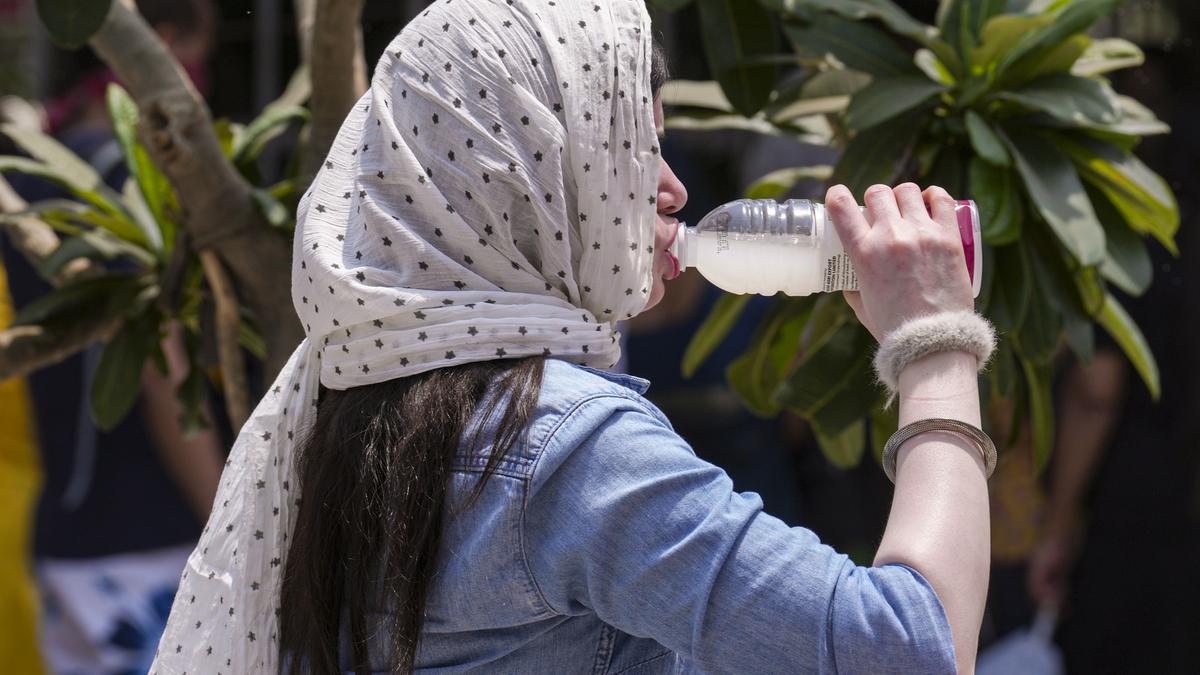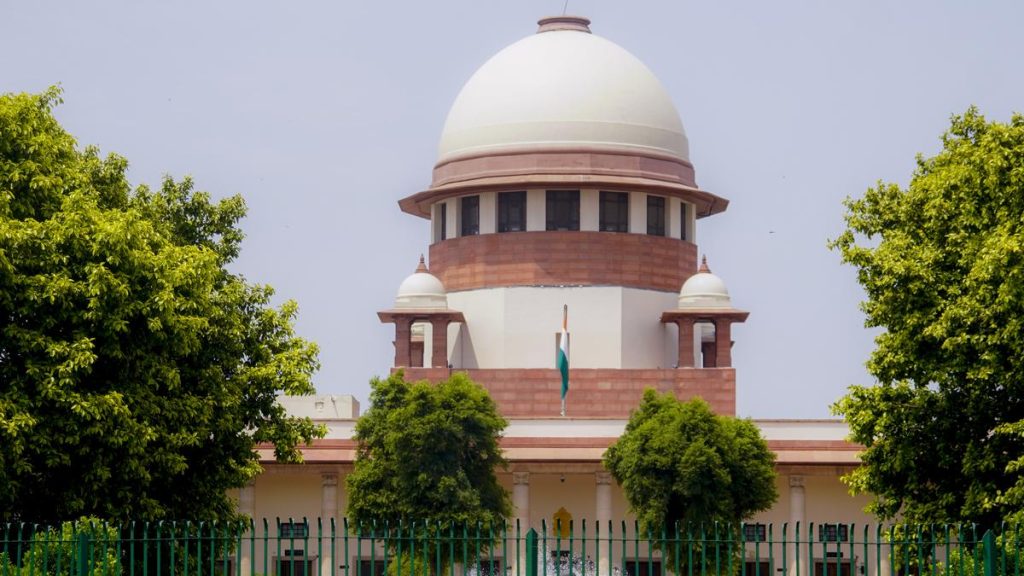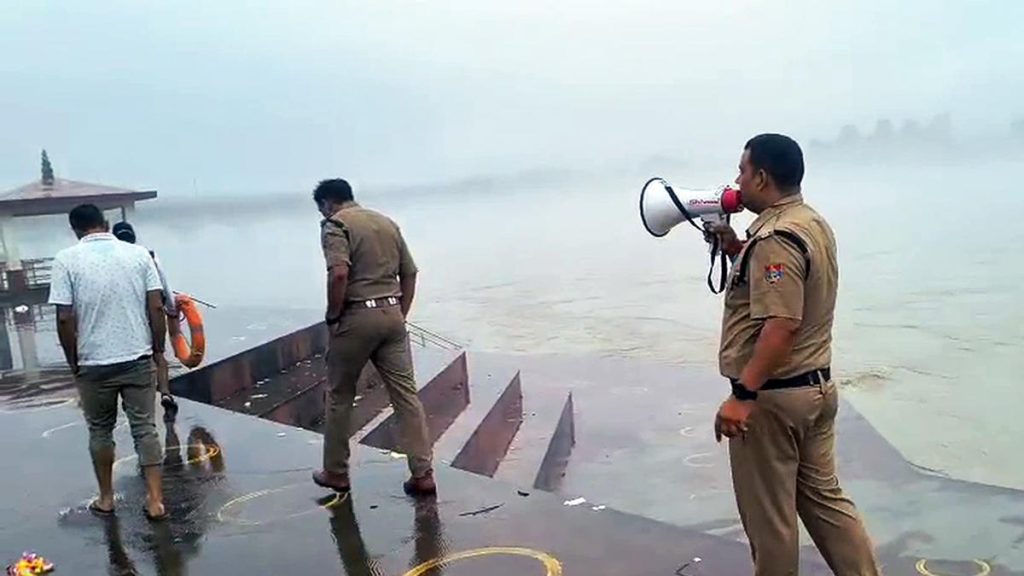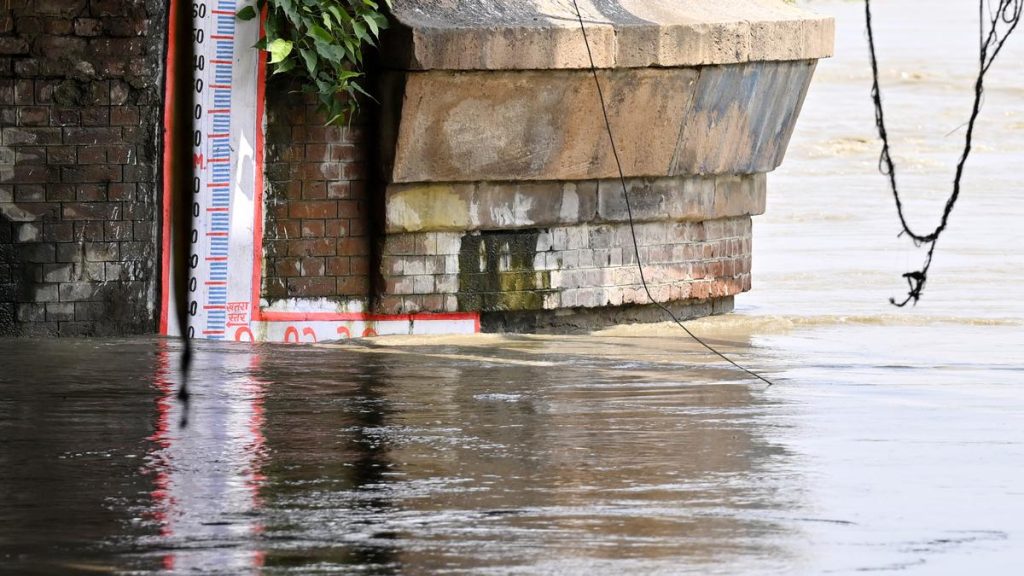Now Reading: Delhi Sizzles at 49°C as Heatwave Triggers Orange Alert
-
01
Delhi Sizzles at 49°C as Heatwave Triggers Orange Alert
Delhi Sizzles at 49°C as Heatwave Triggers Orange Alert

Fast Summary
- Delhi experienced extreme heat on Monday, June 10, 2025, with the heat index (real-feel temperature) hitting 48.9°C.
- The India Meteorological Department (IMD) issued an orange alert for the next two days due to the ongoing heatwave.
- Actual maximum temperature reached 43.4°C, which is 3.4°C above the seasonal average; minimum temperature settled at 27.6°C.
- Humidity levels fluctuated between 48% and 25%, intensifying discomfort during the heatwave.
- Heatwave conditions have been confirmed in Delhi and neighboring regions like Haryana and Chandigarh; temperatures around Delhi touched nearly 45°C in areas like Hisar, Rohtak, and Ayanagar.
- Nights were considerably warm at around 28°C even after sunset, increasing risks of heat-related illnesses among vulnerable groups.
- Relief is anticipated starting June 12 with light rainfall and thunderstorms predicted alongside gusty winds of up to 40 kmph. However, rising humidity post-rain may lead to increased discomfort.
- Air quality remained poor on Monday with an AQI of 235 as per CPCB’s monitoring system.
Indian Opinion Analysis
Delhi’s record-breaking heat underscores severe climatic stress that urban centers are increasingly facing due to changing weather patterns and inadequate infrastructure resilience against extreme conditions like prolonged heatwaves. Rising nighttime temperatures exacerbate health vulnerabilities as bodies struggle without natural cooling relief after sunset – a worrying factor especially for elderly populations or those struggling with pre-existing health conditions.
The IMD’s timely alerts serve as crucial public advisories but also highlight recurring challenges cities face during peak summers: managing health risks associated with exposure while balancing energy demands from widespread use of cooling systems such as air conditioning units.
Anticipated rainfall post-June 12 suggests some relief but raises concerns about worsening humidity afterward-a factor typically uncomfortable for residents accustomed to drier climates during summer peaks.
Air quality readings firmly classified within “poor” range this week further signal that pollution mitigation strategies need elevating urgency under simultaneous environmental stressors across India’s bustling metropolitan regions-balancing these considerations today ultimately shapes functional climate-resiliency blueprints tomorrow.

























